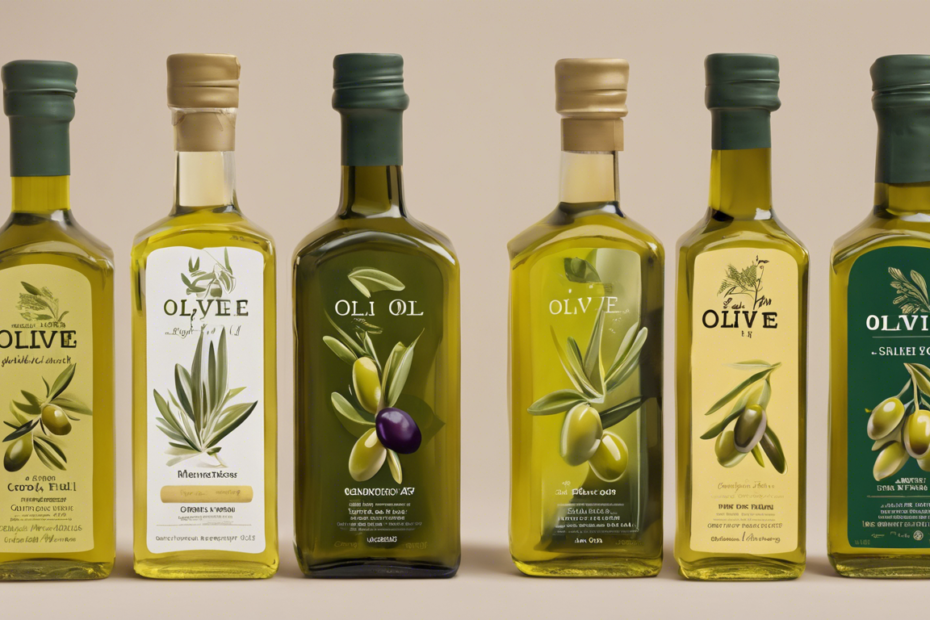Are you tired of staring at the endless rows of olive oil in your local supermarket, unsure which bottle to grab?
You’re not alone!
With so many options available, finding the best supermarket olive oil can feel overwhelming.
In this comprehensive guide, we’ll demystify olive oil grades, highlight top brands to look out for, and help you discover the perfect flavor profiles that will elevate your cooking.
Let’s dive in and ensure you pick the ideal olive oil for your pantry!
Flavor Profiles: How to Choose the Right Olive Oil for Your Cooking Needs
When it comes to selecting the best supermarket olive oil for your cooking needs, it’s important to know that not all olive oils are created equal.
Flavor profiles can vary significantly based on factors like the type of olives used, the region they’re sourced from, and the pressing method.
For instance, if you’re whipping up a fresh salad, a light and fruity extra virgin olive oil can enhance the greens beautifully without overpowering their natural taste.
On the other hand, heartier dishes like stews or roasted vegetables might call for a more robust, peppery oil, which can add depth and richness to your meals.
Look for oils labeled as ‘first cold-pressed’ as these typically retain more of the flavor and health benefits of the olives.
Don’t be afraid to experiment with different brands and styles to discover which varieties best match your cooking style, as the right olive oil can elevate your dishes and really make your flavors pop!
Frequently Asked Questions
What are the different grades of olive oil?
Olive oil is classified into several grades, including Extra Virgin, Virgin, and Refined.
Extra Virgin is the highest quality, made from pure, cold-pressed olives without any chemical processing, followed by Virgin, which is also made from pure olives but may have slight imperfections.
Refined olive oil has been processed and is typically less flavorful.
How can I tell if an olive oil is of good quality?
To determine the quality of olive oil, look for a few key indicators: check for the ‘Extra Virgin’ label, a harvest date on the bottle, and signs of proper packaging (preferably dark glass or tin).
A good olive oil should also have a fresh, fruity aroma and a slight peppery aftertaste.
Which brands of supermarket olive oil are recommended?
Some top brands that are often recommended for supermarket olive oils include California Olive Ranch, Filippo Berio, Colavita, and Pompeian.
These brands are known for their quality and consistent flavor profiles.
What flavor profiles should I consider when choosing olive oil?
The flavor profiles of olive oil can range from mild and fruity to robust and peppery.
Consider what you will use it for: a mild olive oil is great for baking or delicate dressings, while a robust oil works well for grilling or drizzling over hearty dishes.
Can I use supermarket olive oil for cooking?
Absolutely!
Supermarket olive oils are perfect for cooking.
Just select the appropriate flavor profile for your dishes; extra virgin is best for dressings and finishing, while lighter olive oils are suitable for frying and sautéing.
